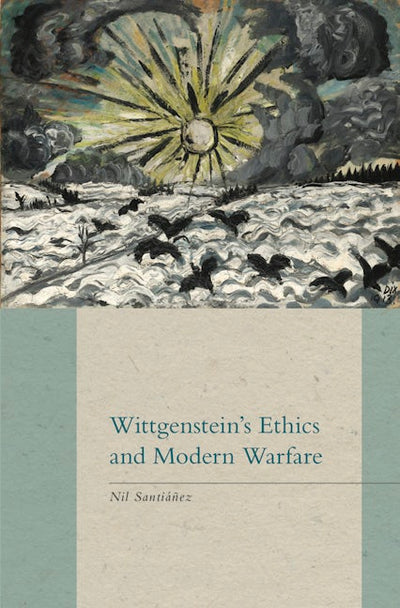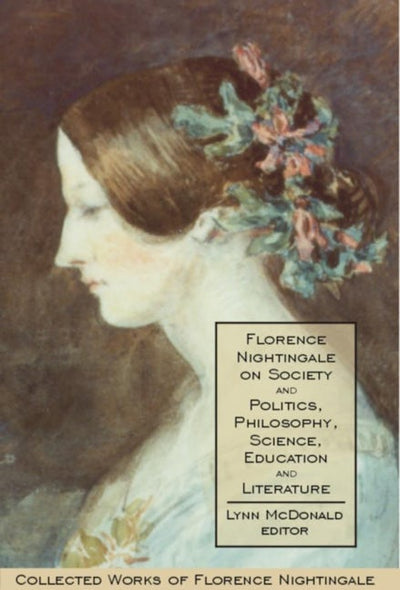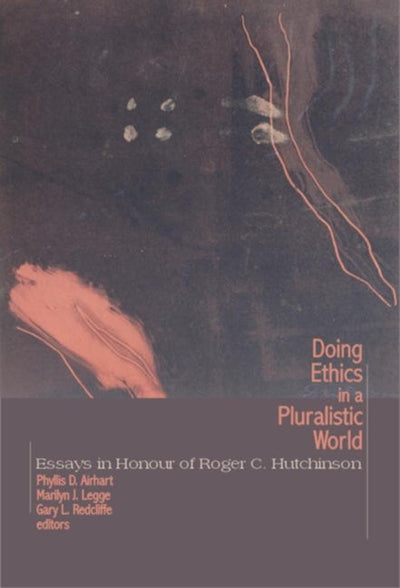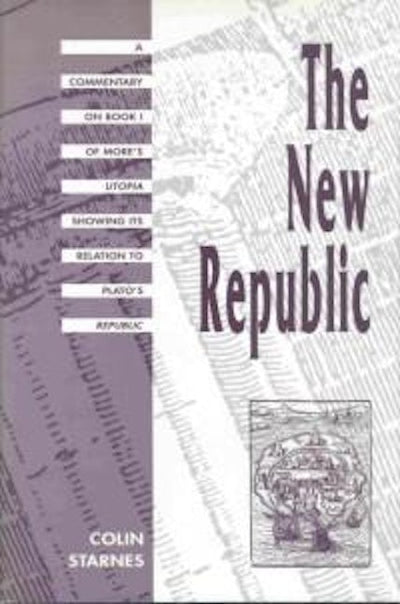- imprint:Wilfrid Laurier University Press
- publisher:Wilfrid Laurier University Press
- format:Hardcover
-
Antiques & Collectibles
-
Architecture
-
Bibles
-
Biography & Autobiography
-
Body, Mind & Spirit
-
Comics & Graphic Novels
-
Crafts & Hobbies
-
Design
-
All collections
-
Foreign Language Study
-
Games & Activities
-
Gardening
-
House & Home
-
Humor
-
Language Arts & Disciplines
-
Literary Collections
-
Mathematics
-
Miscellaneous
-
Nature
-
Pets
-
Philosophy
-
Photography
-
Poetry
-
Reference
-
Self-Help
-
Study Aids
-
Transportation
-
True Crime
- imprint:Wilfrid Laurier University Press
- publisher:Wilfrid Laurier University Press
- format:Hardcover
-
Antiques & Collectibles
-
Architecture
-
Bibles
-
Biography & Autobiography
-
Body, Mind & Spirit
-
Comics & Graphic Novels
-
Crafts & Hobbies
-
Design
-
All collections
-
Foreign Language Study
-
Games & Activities
-
Gardening
-
House & Home
-
Humor
-
Language Arts & Disciplines
-
Literary Collections
-
Mathematics
-
Miscellaneous
-
Nature
-
Pets
-
Philosophy
-
Photography
-
Poetry
-
Reference
-
Self-Help
-
Study Aids
-
Transportation
-
True Crime
Wittgenstein's Ethics and Modern Warfare
Regular price $32.99 Save $-32.99This original and insightful book establishes a reciprocal relationship between Ludwig Wittgenstein’s notion of ethics and the experience of war. It puts forth an interpretation of Wittgenstein’s early moral philosophy that relates it to the philosopher’s own war experience and applies Wittgenstein’s ethics of silence to analyze the ethical dimension of literary and artistic representations of the Great War.
In a compelling book-length essay, the author contends that the emphasis on “unsayability” in Wittgenstein’s concept of ethics is a valuable tool for studying the ethical silences embedded in key cultural works reflecting on the Great War produced by Mary Borden, Ellen N. La Motte, Georges Duhamel, Leonhard Frank, Ernst Friedrich, and Joe Sacco. Exploring their works through the lens of Wittgenstein’s moral philosophy, this book pays particular attention to their suggestion of an ethics of war and peace by indirect means, such as prose poetry, spatial form, collage, symbolism, and expressionism.
This cultural study reveals new connections between Wittgenstein’s philosophy, his experience during the First World War, and the cultural artifacts produced in its aftermath. By intertwining ethical reflection and textual analysis, Wittgenstein’s Ethics and Modern Warfare aspires to place Wittgenstein’s moral philosophy at the centre of discussions on war, literature, and the arts.

Florence Nightingale on Society and Politics, Philosophy, Science, Education and Literature
Regular price $157.99 Save $-157.99Florence Nightingale on Society and Politics, Philosophy, Science, Education and Literature, Volume 5 in the Collected Works of Florence Nightingale, is the main source of Nightingale’s work on the methodology of social science and her views on social reform. Here we see how she took her “call to service” into practice: by first learning how the laws of God’s world operate, one can then determine how to intervene for good. There is material on medical statistics, the census, pauperism and Poor Law reform, the need for income security measures and better housing, on crime, gender and the family. Her comments on a new edition of The Dialogues of Plato are given, with their impact on the revision of the next edition. We see Nightingale’s condemnation of Plato’s “community of wives,” with her stirring approval of love (even outside marriage!), marriage and the family. In this volume also her views on natural science, education and literature are reported.
Nightingale was an astute behind-the-scenes political activist. Society and Politics publishes (much of it for the first time) her correspondence with such leading political figures as Queen Victoria, W.E. Gladstone and J.S. Mill. There are notes and essays on public administration and personal observations on various members of royalty, prime ministers and ministers, and Indian viceroys. Nightingale’s support of the vote for women (contrary to much in the secondary literature) is here shown. Correspondence and notes on British general elections from 1834 to 1900 is reported, with letters to and for (Liberal) political candidates and fierce condemnations of Conservatives.
Currently, Volumes 1 to 11 are available in e-book version by subscription or from university and college libraries through the following vendors: Canadian Electronic Library, Ebrary, MyiLibrary, and Netlibrary.

Doing Ethics in a Pluralistic World
Regular price $89.25 Save $-89.25Doing Ethics in a Pluralistic World is an apt title for this collection of essays in honour of Roger C. Hutchinson who, over many decades, has encouraged and participated in shaping a Canadian contextual social ethics. His abiding interest in social ethics and in religious engagement with public issues is reflected in his life’s work — seeking the consensus and self-knowledge required to achieve cooperation in the search for a just, participatory, and sustainable society.
One of Roger Hutchinson’s many notable accomplishments is his development of a method of dialogue for ethical clarification in situations of diversity. Some of the essays collected here apply this method to specific issues, while others discuss how religious persons and organizations can and do co-operate in a pluralistic world to achieve social and ecological well-being. All essays are of keen interest to those concerned with the role and function of ethics at the matrix of religious conviction and social transformation.
For nearly three decades Roger Hutchinson has been based at Victoria University in Toronto, first in religious studies, then at Emmanuel College, where he completed his teaching career as professor of church and society while serving as principal from 1996 to 2001.

The New Republic
Regular price $89.99 Save $-89.99Colin Starnes radical interpretation of the long-recognized affinity of Thomas More’s Utopia and Plato’s Republic confirms the intrinsic links between the two works. Through commentary on More’s own introduction to Book I, the author shows the Republic is everywhere present as the model of the “best commonwealth,” which More must first discredit as the root cause of the dreadful evils in the collapsing political situation of sixteenth-century Europe. Starnes demonstrates how More, once having shorn the Republic of what was applicable to a society that had for a thousand years accepted and been moved by the Christian revelation, then “Christianized” it to arrive at one of the earliest and most coherent accounts of the ideal modern state: the description of Utopia in Book II.
Knowing this radically new view of a long-recognized position may be questioned, the author has included a criticism and appreciation of the other major lines of interpretation concerning More’s Utopia.






